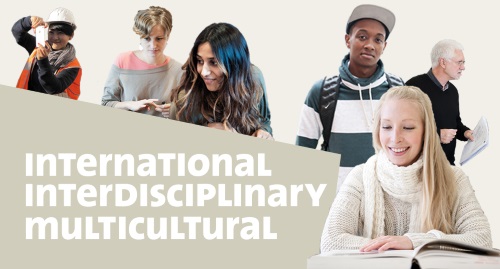The Globalization Program is the core academic offering of Venice International University. Courses are designed around themes that are globally significant and locally relevant to Venice, its lagoon, and hinterland.
Multicultural, International & Interdisciplinary
Today’s interconnected world needs flexible minds capable of crossing disciplines, approaching challenges with creativity and critical thought, and balancing humanistic, environmental, cultural and economic perspectives.
The Globalization Program unites talented students and faculty from member universities in a truly multicultural and interdisciplinary environment. Together they engage in collaborative learning that fosters intellectual curiosity, critical thinking, and innovative approaches to global issues.
Learning Experience
Courses are taught by faculty from the member institutions and attended by students representing diverse cultural and academic backgrounds. This exchange of perspectives creates an enriching educational setting that encourages dialogue, collegiality, and new forms of collaboration.
Students may participate for a semester, a full academic year, or a summer session, earning credits toward bachelor’s or master’s degrees. Exposure to different teaching methods and learning styles challenges assumptions, strengthens adaptability, and deepens analytical skills.
Through peer-to-peer engagement, students develop intercultural competence, learning to communicate across languages and cultures while embracing diversity with openness and curiosity. Studying at VIU is a transformative experience that prepares graduates to become thoughtful, globally minded leaders.
Semester or Academic Year
Courses on the three core topics are offered every semester, with six specialization tracks available on a rotating basis.
Summer Session
The summer sessions of the Globalization Program place particular emphasis on engaging students and scholars in the sciences.






















